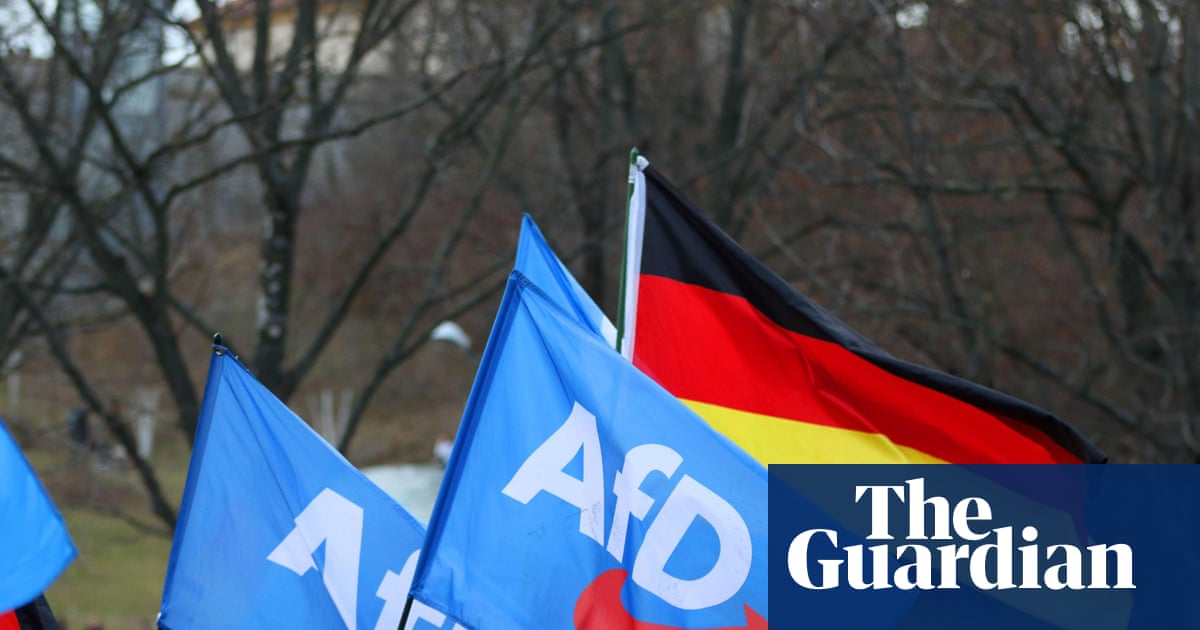
"The Berlin-based researchers found that as the far right moved from fringe issues in the late 1990s to topics such as integration and migration, mainstream parties had increasingly reshaped their communications to respond, boosting the spread of these ideas and signalling to voters that these ideas and stances were legitimate. The overarching result had crucial implications for democracy, said Teresa Volker, a political sociologist at Berlin Social Science Center and co-author of the study."
"Political communication by mainstream parties plays a central role in the electoral success of the far right, she said. This factor has been underestimated. This impact was evident even when mainstream parties were criticising the far right. You're still giving them attention, said Volker. Our core argument is that because we live in such a battle for attention, this attention is key. Whoever sets the agenda has an impact on what voters think and who they vote for."
"While the research was focused on Germany, this normalisation effect was likely to apply to countries across Europe, said Daniel Saldivia Gonzatti, a political sociologist at the Berlin Social Science Center and co-author of the study. You see this a lot in German and British media, he said. The far right says something and everybody starts talking about it for one week. And everyone is shocked by it, but it is making headlines. Even if you're countering it, you're repeating it."
Automated text analysis of 520,408 articles from six German newspapers across more than two decades reveals a shift of far-right topics from fringe concerns in the late 1990s to mainstream issues such as integration and migration. Mainstream parties increasingly reshaped their communications to respond to those topics, boosting dissemination and signalling legitimacy to voters. Media attention to far-right statements amplified messages even when coverage was critical, creating attention benefits for those positions. The normalisation effect extended beyond Germany to other European contexts, with party leaders sometimes hardening their discourse to mirror far-right stances and thereby influencing electoral dynamics and democratic legitimacy.
Read at www.theguardian.com
Unable to calculate read time
Collection
[
|
...
]